Gas Calorimeter Size
Gas Calorimeter Market Growth Projections and Opportunities
Gas calorimeter manufacturers are tirelessly engaged in augmenting precision, response time, operational accuracy, stability, and system weight reduction. Their unwavering focus lies in refining the design and development of gas calorimeters to yield enhanced performance and superior measurement capabilities.
Illustratively,
In 2017, Ellutia Chromatography Solutions introduced the 500 series gas chromatograph, revolutionizing the field with reduced cycle times catering to varying sample throughputs. This innovative model offers the flexibility to switch seamlessly between conventional and ultra-fast modes, tailored to specific application requirements.
Similarly, in the same year, Shimadzu Corporation unveiled the Nexis GC-2030, setting new benchmarks as the next industry-standard gas chromatograph. This cutting-edge apparatus embodies superior usability and scalability across a diverse spectrum of applications spanning oil & gas, petroleum, and research domains. Equipped with a novel user interface featuring a full-color LCD touch panel, it ensures intuitive and user-friendly operations, enhancing accessibility and comprehension for operators.
These advancements significantly bolster the user experience of gas calorimeters across a multitude of applications, spanning thermal power plants, engine assessments, and the critical domains of oil pipelines and refineries.
Consequently, the relentless pursuit of advancements and upgrades in gas calorimeters is poised to unveil promising opportunities for players within the global gas calorimeter market throughout the forecast period. These technological strides underscore a transformative phase, wherein gas calorimeters are evolving to meet the evolving needs of diverse industries, aligning with the demands for heightened precision, operational efficiency, and ease of use.
Gas calorimeter manufacturers are driven by an overarching commitment to refine their offerings, placing paramount emphasis on enhancing precision, response time, accuracy in operations, system stability, and reduction in weight. Their steadfast dedication to improving gas calorimeters extends to the core of design and development, aiming to deliver instruments characterized by superior performance and unparalleled measurement capabilities.
The launch of Ellutia Chromatography Solutions' 500 series gas chromatograph and Shimadzu Corporation's Nexis GC-2030 in 2017 stands as testament to this commitment. These cutting-edge instruments redefine standards, offering reduced cycle times, seamless adaptability to varying application needs, and user-friendly interfaces that empower operators across industries.
These advancements resonate deeply within crucial sectors like thermal power plants, engine diagnostics, and the intricate operations of oil pipelines and refineries, significantly streamlining processes and enhancing operational efficiency.
This relentless pursuit of innovation and enhancement within the realm of gas calorimeters foretells a future ripe with opportunities for stakeholders in the global market. The evolutionary trajectory of these instruments underscores their potential to cater to the diverse and evolving needs of industries, promising heightened precision, operational efficacy, and user-friendly functionalities.
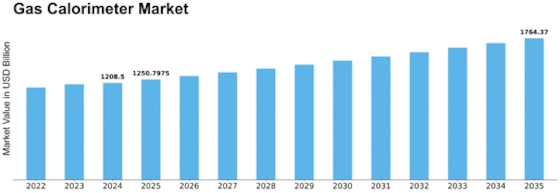


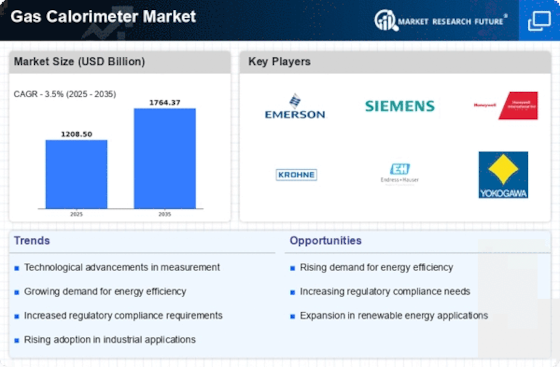
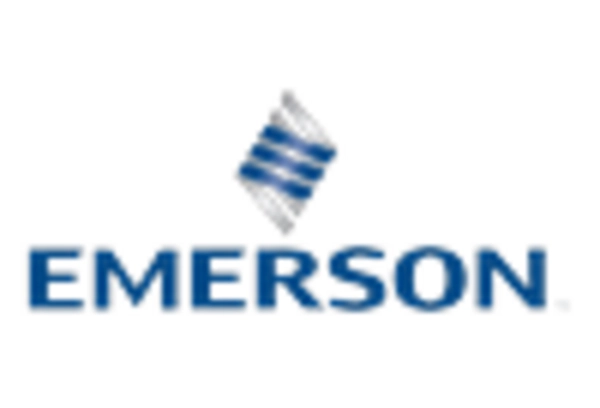


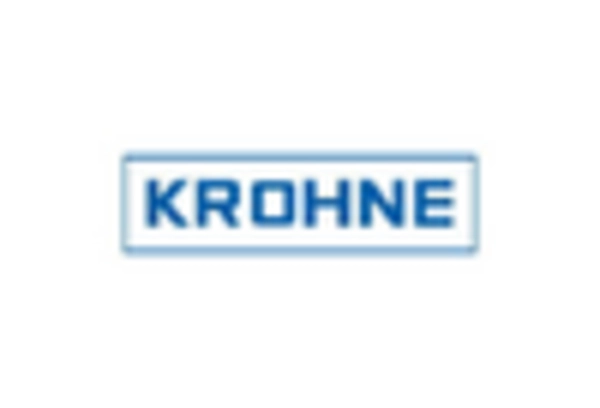

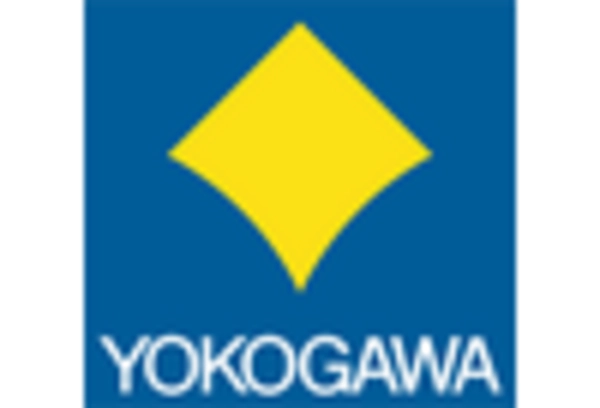









Leave a Comment